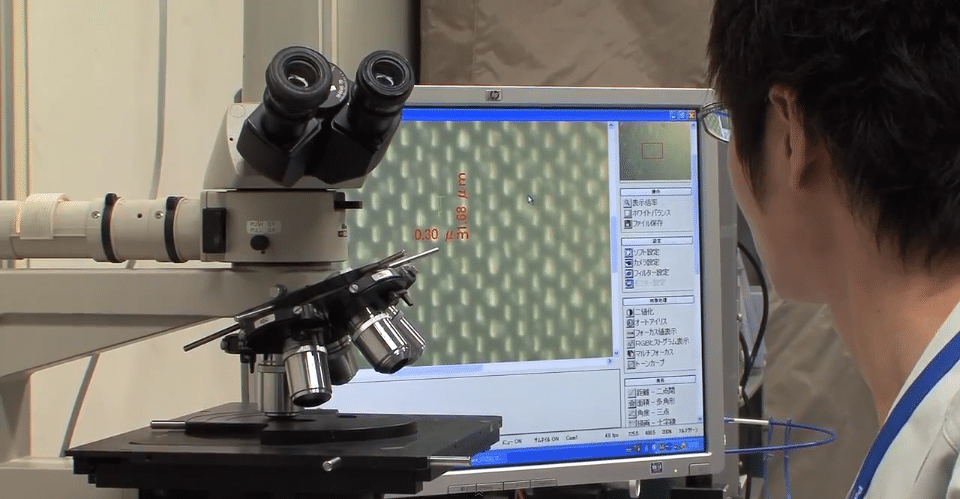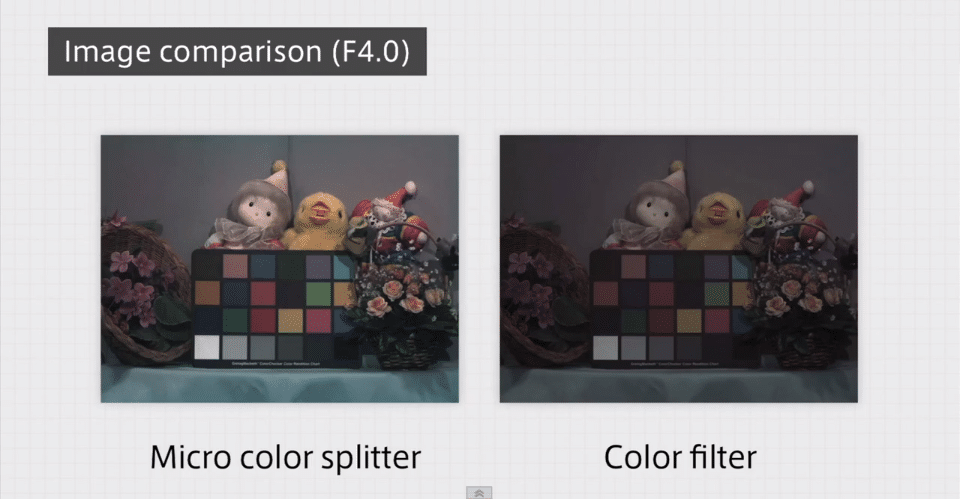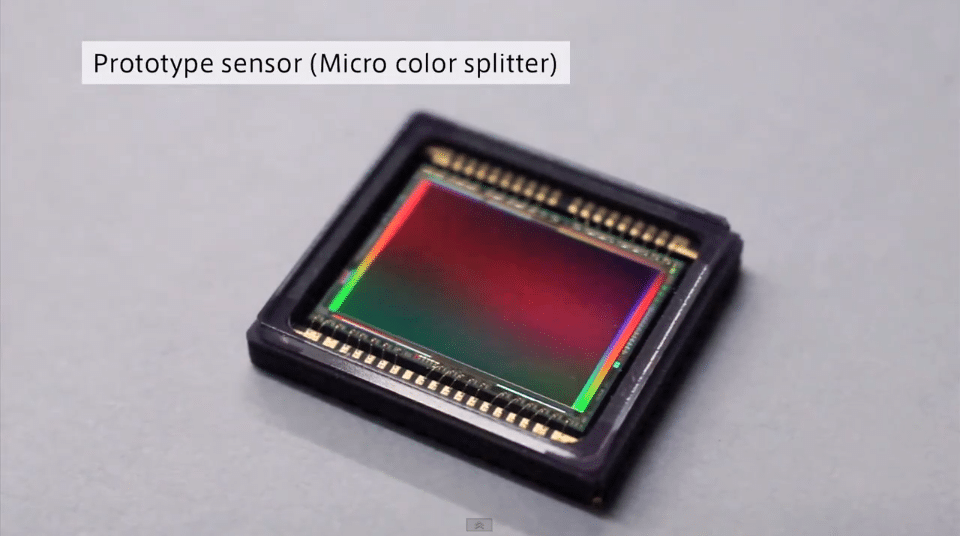Smartphone photo quality has always been kind of inferior when compared to system cameras. Even standalone digital cameras have been miles ahead in photo quality (even though smartphone cameras are digital cameras as well). The standing champion is still the system camera. Innovation has of course been good to digital smartphone photo quality, but new technology from Panasonic might just be the leap overall smartphone and digital photography has been waiting for.
The biggest culprit of low smartphone photo quality is low light conditions. That’s when photos start to get fuzzy, grainy and quite ugly looking. According to DigInfo News, a new approach to light decoding from Panasonic will double smartphone photo quality in an instant. This innovation uses micro color splitters which are way more sensitive than conventional color filters in the image sensor. The image sensors incorporated into digital cameras (and smartphone cameras) today lose 50-70% of the light which causes images to come out grainy.
The algorithm that calculates the light is called Babinet-BPM, and it is going to revolutionize the way low light photography is handled. It’s processor intensive, but with today’s fast processors, this system is fully functional and should not in any way affect the time it takes for your camera to decode and save images in a pixelated format.
The process uses just 1/16 of the memory conventionally used in analyzing the light from low light photography. What takes the conventional analysis method over 3 hours to complete only takes 36.9 seconds for the new Babinet-BPM method. It’s quite a significant increase in both smartphone photo quality and in processing speed. It is still being decided when this will be incorporated into smartphones. The technology is ready to go and uses conventional materials to achieve the computation. However, further improvements could mean an even higher degree of perfection. One thing is certain though, and that is that smartphone photo quality is going to be heavily increased in the very near future.
Panasonic’s Smartphone Photo Quality Upgrade Filter



COMMENTS